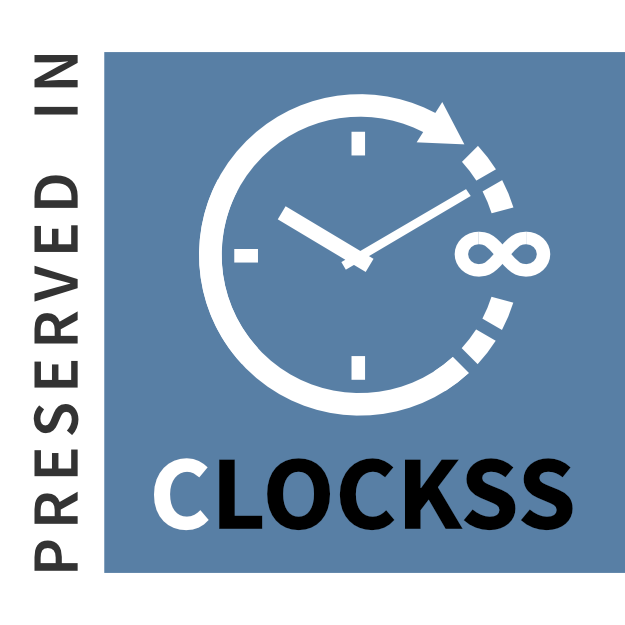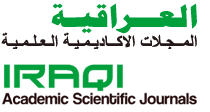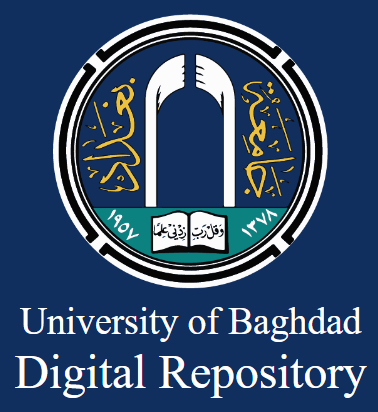Transformations of the body from traditional expression to subjectivity : Marina Abramivic as a model.
DOI:
https://doi.org/10.35560/jcofarts103/149-164Keywords:
dramatization of the body, live performance, receiver ,interactive artAbstract
The way artists deal with body in their artistic works has had so many forms and methods, whether as an object for their drawings or as a material to create live artistic performances that relate to the idea of correspondence and interaction between different artistic categories such as: drama, dance, and painting as it is the case of the artist Marina Abramovic who has always used her body as an artistic unit to generate meaning and to perform her lively shows.
To go deeper into her career, our work was divided into 3 sections:
The first section was devoted to follow the main artistic stages that her body had gone through, starting with paintings she performed using concepts based on acting, simulation and nudity and ending with presenting the body as a material presenting the painting act.
The second section was dedicated to the interpretation of some of her works, Marina who is no longer focusing on the sacred side of the body, broke all the previous widespread asthetic standards.
To shed light on her works, we explored in the third section the interactive relationship between Maria Abramovic and the viewer who has become a real active element in her artistic performances instead of being a mere spectator.
We then concluded by referring to the concept of the body which has moved from its narrow limits to more open modern expressive practices that are based on the unity and the interaction of all genres of arts among them
References
Ahmad, J. (2017, April 28). The aesthetic discourse of the body in modern artistic trends. Retrieved from https://cofarts.uobaghdad.edu.iq/?p=1233&fbclid=IwAR1CMwqmpSyq3-2F-tSi0q-zGBdlvZIhT9AXJQ4_O7PjrWbc-XG0_zJhDgo
Ahmed, J. (2013, may 9). Thirteenth Scientific Conference- Art and Digital. Aesthetic body image and its applications in the art of photograph. Retrieved from civilized dialogue: https://m.ahewar.org/s.asp?aid=358405&r=0&fbclid=IwAR1gZJ3XL1lhbAnY85wlfG3HE7VQqt3EsRuihI35zuQEIny1dR6jsG_irWw
Ahmed, J. (2016). Aesthetic discourse in contemporary plastic Digital sculpting a model. philosophical studies, p. 147.
Assad, A. (2001). The intermarriage of art types in postmodernism. Art Newspaper, 45.
Azzeddine, B. (2020, 1 1). The artist of the body and provocation The experience of the Serbian artist Marina Abramović. New Magazine, p. 17.
Béatrice, G., & Fabienne, M. (2007). the communicating body. Paris: Harmattan.
Brahim , A. (2009). Art education digging into the mechanisms of plastic and aesthetic reception. Casablanca: Publications of the world of education.
Brahim , A. (2015). Contemporary plastic: Art Maps and its transformations. Morocco: Publications of the Union of Fine Artists of Southern Morocco.
Brahim, A. (2009). Art education, digging into the mechanisms of plastic and aesthetic reception. Casablanca: Publications of the world of education.
Brahim, A. (2015). Contemporary plastic art: Art maps and its transformations. Morocco: Publications of the Union of Fine Artists of Southern Morocco.
Chaker, L. (2003). ASharjah Biennialrt and violence. Modern art as a form of violence (p. 60). Sharjah: Sharjah Biennial.
Dorfles, G. (1979). the art of performance. 47.
kortobi, A. (2003). Quran Rulings. Saudi: The World of the Book.
Michel, B. (1983). The Body. Damascus: Ministry of Culture.
Mohsen , A. (n.d.). Performance Art. Retrieved from wiki books: https://ar.wikibooks.org/wiki/%D9%81%D9%86_%D8%A7%D9%84%D8%A3%D8%AF%D8%A7%D8%A1?fbclid=IwAR0zhlosqSH7ALLzQT9EG-P8PFoMGB5iLsp4xIxWN7CDnsFLDS0k67ai4tQ
Nevenka, K. (2019, 2). The Theatre Times. Retrieved from https://thetheatretimes-com.translate.goog/audience-to-be/?_x_tr_sl=en&_x_tr_tl=ar&_x_tr_hl=fr
Samir, T. (2014). The body in its relations to artistic practices. tunis: Research unit publications on modern artistic practices.
Sue, s., & David, M. (1993). Body Matters Essays on the Sociology of the body. London: Falmer Press
Downloads
Published
Issue
Section
License
Copyright (c) 2022 Kaouthar mohamed Dammak

This work is licensed under a Creative Commons Attribution 4.0 International License.













